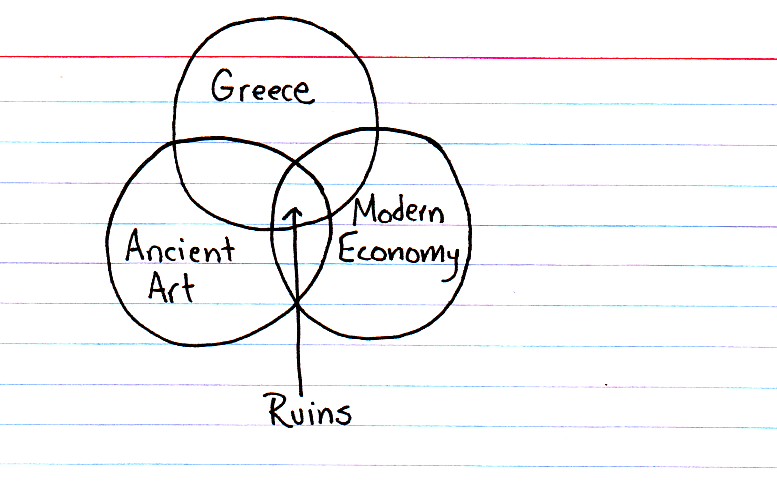Posted by Happy under Economics, Politics
Comments Off on The Anglo Disease
Take a country that has become rich through a combination of natural resources, manufacturing and trade. Let it discover that goods can be imported at lower prices from countries with lower labour costs.
Consider the finance sector, where instant profits today can be made by capturing cash flows from the future. Watch the finance sector suck in all the talent that used to engage in inventing new technologies and making new products by the promise of instant riches.
Now the investors who made those instant profits are committed to making sure those cash flows do eventuate in the “real” economy, so they impose rules and discipline where the only thing that matters is the bottom line, profits are more important than people, economics trumps all.
Politicians are the first to catch on. They pay off their deficits, trumpet their budget surpluses and boast about their “economic management” and of course make sure to protect the finance sector from too much scrutiny or regulation. The taxes roll in and they re-elected because times are good.
Labour is a cost, so everyone must work longer hours and still workers’
salaries must fall but the investors have an answer for that too. They offer loans to make up the difference and because loans must be secured, they inflate the price of the houses and land the workers live in. Everyone wins!
Great news! There are other countries willing to sell cheap products and instead of keeping the proceeds, lend the money back again to keep the cycle moving.
Even greater news! We have finally discovered perpetual motion, the eternal free lunch.
This is what is called the Anglo disease and you can read more about it
here: http://www.eurotrib.com/story/2008/2/3/10253/66655. It was invented in England, although it has been greatly refined in other countries such as the USA.
As it happens the first good example of where it leads is Greece. It will not be the last.


